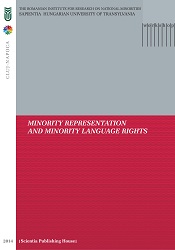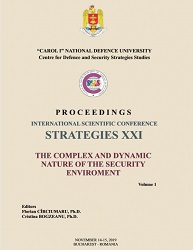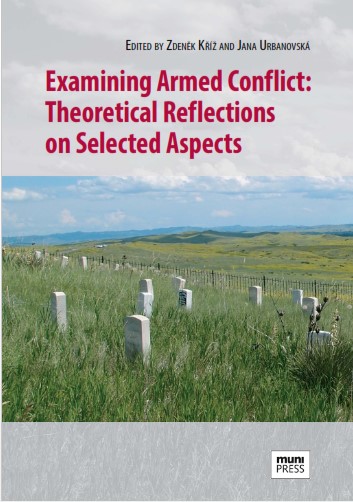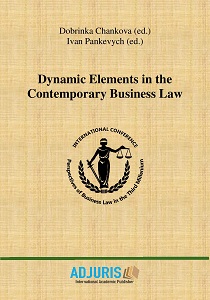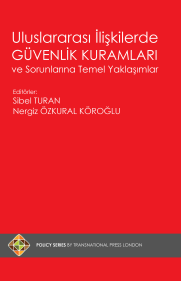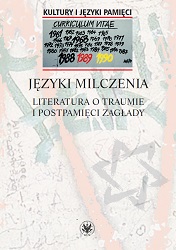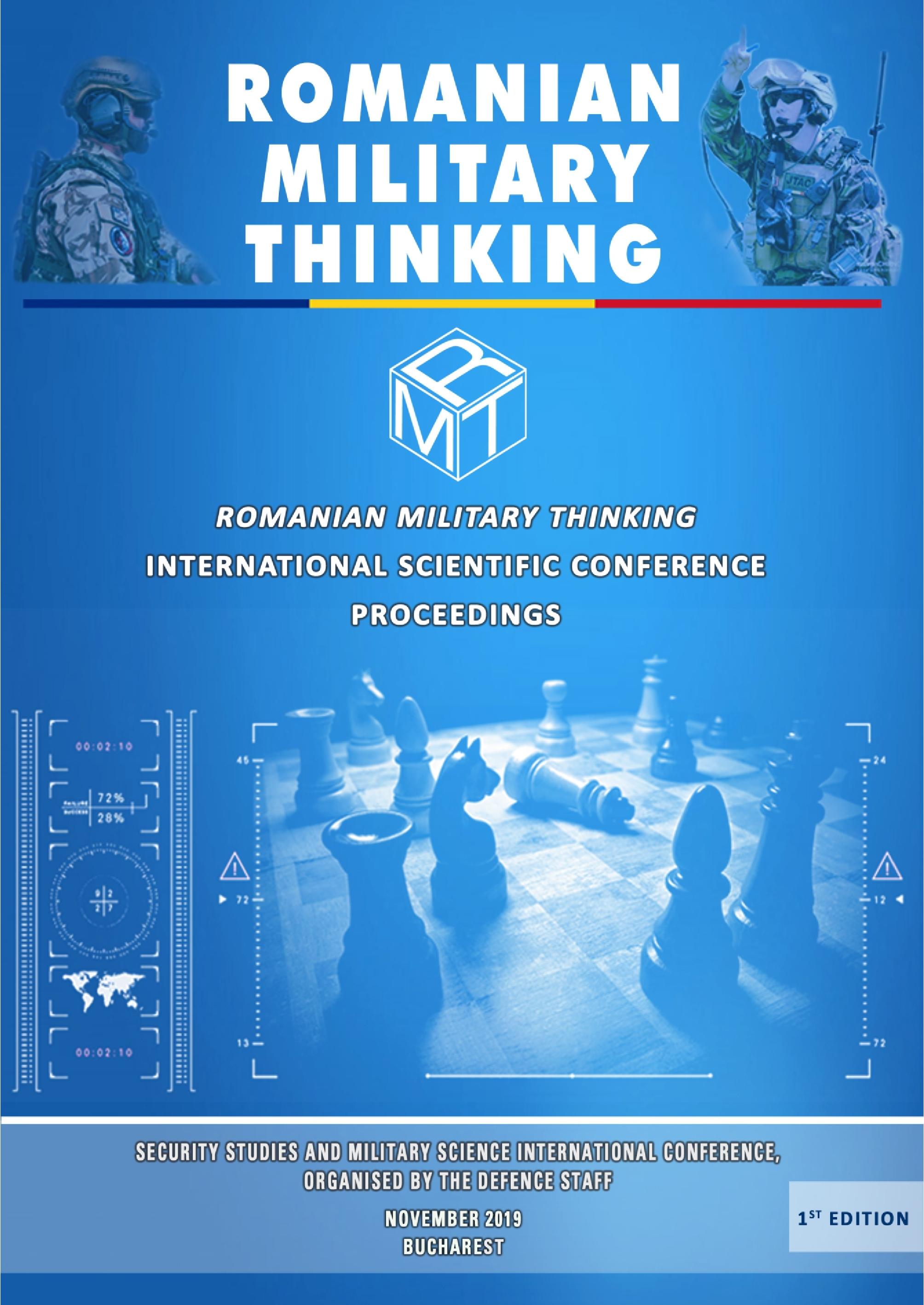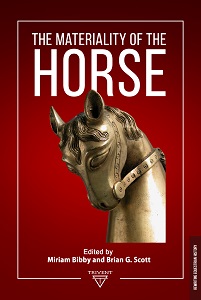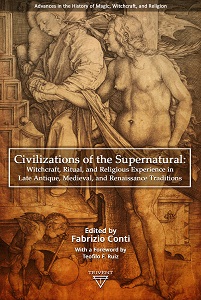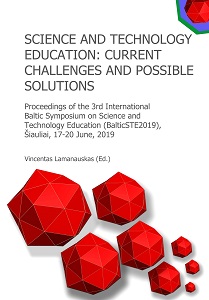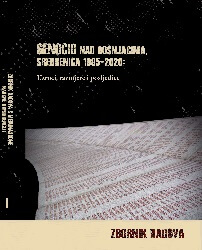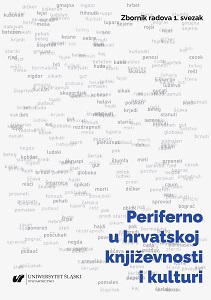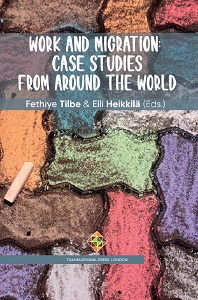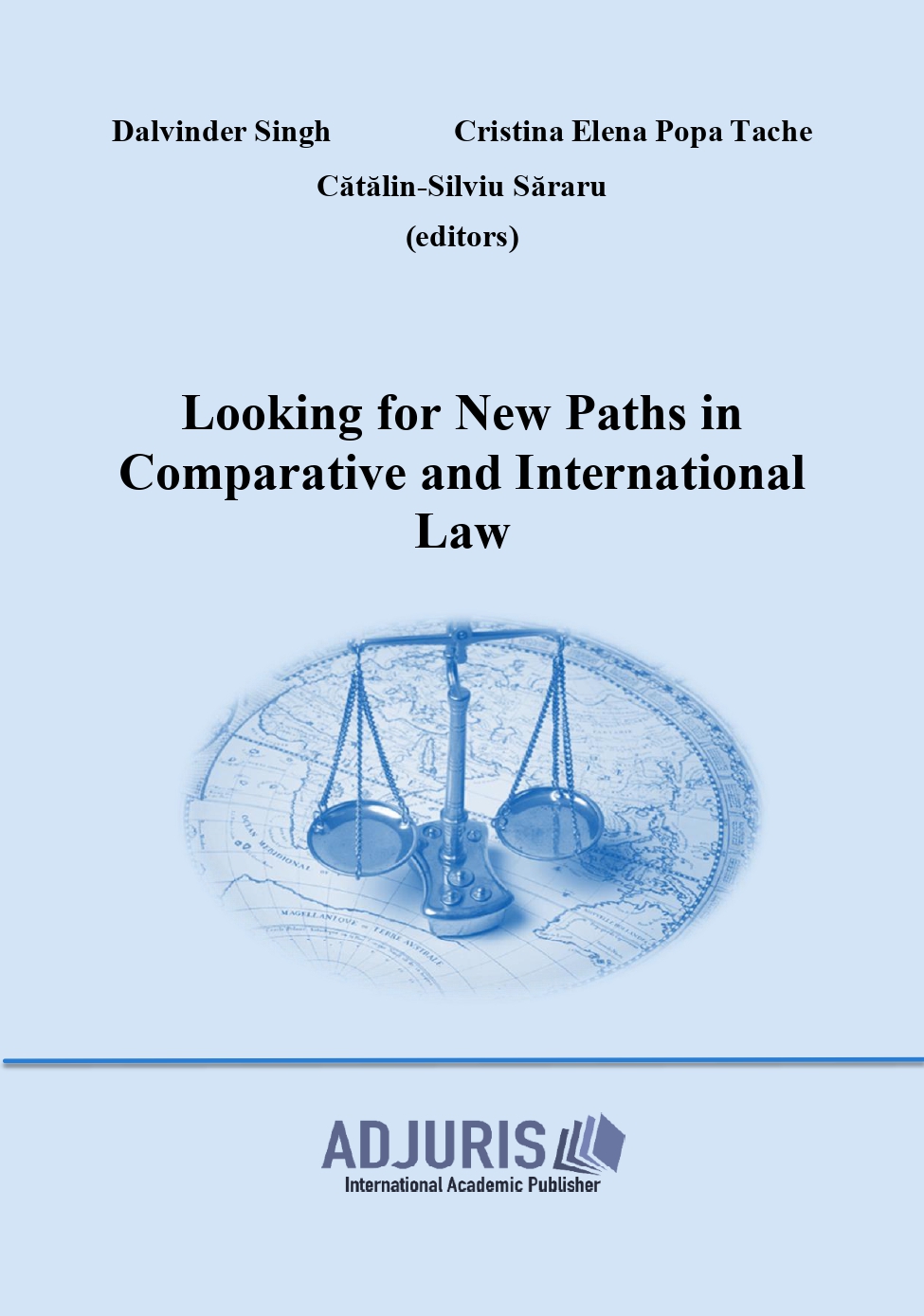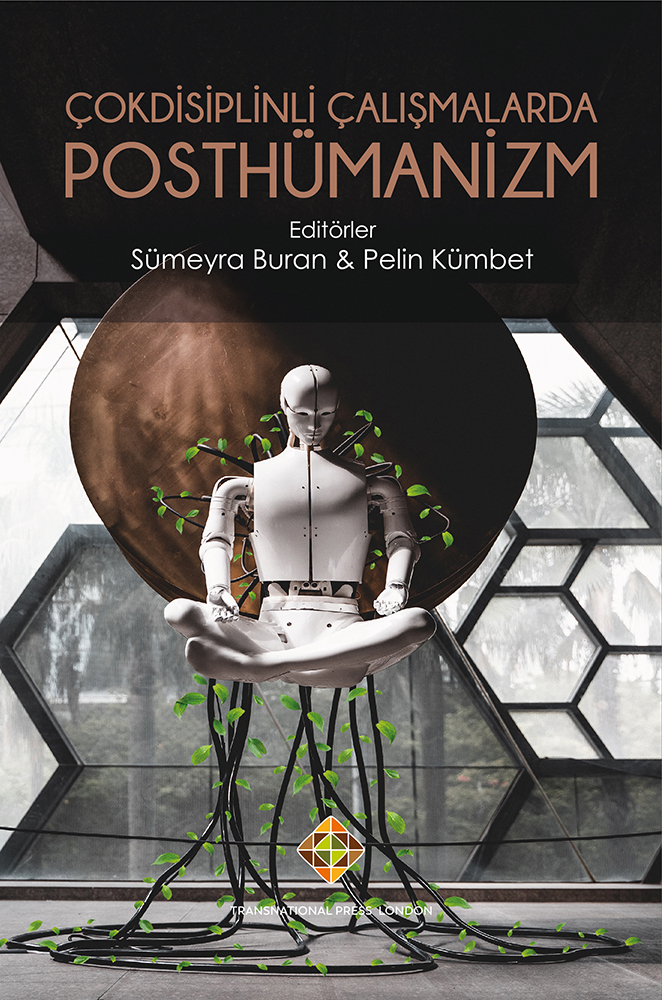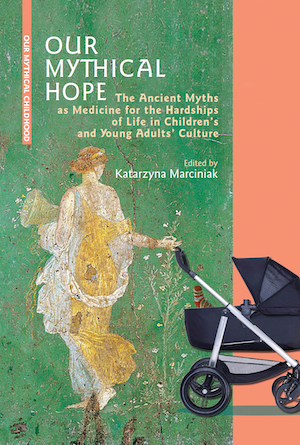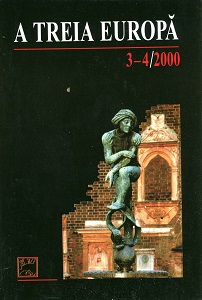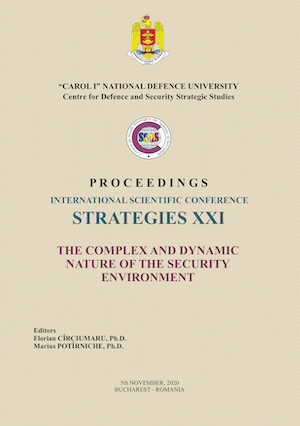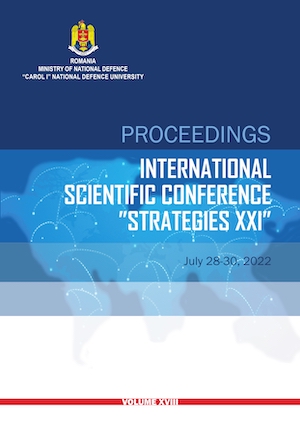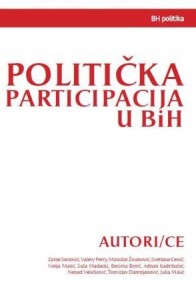
HUMAN RIGHTS
LJUDSKA PRAVA
Keywords: political participation; human rights; term; idea; history; bibliography;
Cilj ovog rada je polaznicima Akademije političkog liderstva ponuditi pregledan uvod u proučavanje oblasti ljudskih prava uvidom u dostupnu literaturu, kao dopunu predavanjima i razgovorima na Akademiji. Naime, u toku nastave na Akademiji, polaznicima je predstavljen uvod u ljudska prava u nekoliko tematskih cjelina. U okviru ovih tematskih cjelina diskutiran je istorijski aspekt ljudskih prava, geneza ideje ljudskih prava od Kirovog cilindra, preko Magne Charte Libertatum (1215) i Deklaracije o pravima građanina i čovjeka (1789), pa sve do Evropske konvencije o ljudskim pravima i osnovnim slobodama. Pored diskusije o institucionalnom pristupu ljudskim pravima, snažan akcent je stavljen na moć pojedinca da mijenja neželjeno u društvu. Diskutirani su podvizi heroja ljudskih prava Gandija, Kinga, Mandele i hWeroina Rose Parks, majke Tereze. Otvoren je pogled i na drugu stranu medalje, diskutirano je o prezentiranim dokazima s tribunala (pisma Raschera Himleru, Himlera Bracku, te prof. Clauberga Himleru o eksperimentiranju nad Jevrejima u koncentracionim logorima) u Nürnbergu, koji su služili kao podloga diskusiji o nacističkim zločinima, te kako je zapravo ishod tog suđenja u procesu protiv ljekara u koncentracionim logorima izrodio kodekse medicinske etike kakvu danas poznajemo. Nakon toga prezentirani su koncepti pozitivnih i prirodnih prava.
More...
